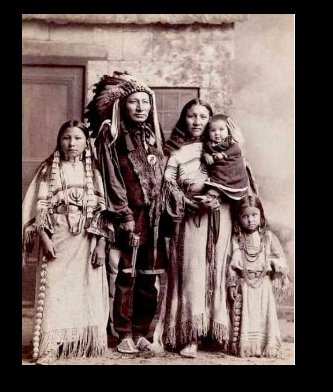He left this world in a place far from home, and for more than a century, his story nearly vanished into the silence of an unfamiliar earth. In 1892, the Oglala Lakota Chief Long Wolf, who once rode with Buffalo Bill’s grand spectacle of the American West, succumbed to pneumonia in the damp chill of London. Far from the rolling plains of what is now South Dakota, he was laid to rest in Brompton Cemetery, his gravestone etched with a lone wolf and a name whispered only by the wind.
Years rolled by. London grew and changed. The graves, each with their own stories, were left largely unvisited by the living. Then, in 1991, Elizabeth Knight, a woman with no formal claims to history or journalism—just a tender heart and quiet courage—discovered a faded, forgotten mention of Long Wolf in an old book found at a market stall. Drawn to the thought of a Sioux chief forever anchored in the gray twilight of an English graveyard, she resolved to act.
Elizabeth became an unexpected champion. She wrote letters, rallied British authorities, and reached out to Lakota communities thousands of miles away. Her persistence bridged continents and decades, touching the hearts of many who heard Long Wolf’s story. Finally, in 1997, after 105 years, Chief Long Wolf’s remains were returned to the Pine Ridge Reservation, where his people welcomed him home with honor and ceremony.
History can be changed by those who wield power, but just as often, it’s shaped by ordinary souls who simply care enough to do something right. Elizabeth Knight, with her fierce kindness and quiet determination, ensured that a warrior’s journey ended where it began—among the prairie grass, beneath the endless sky, surrounded by those who remember. Some stories are written with bullets and bravado; others with hope, dignity, and a refusal to forget.
